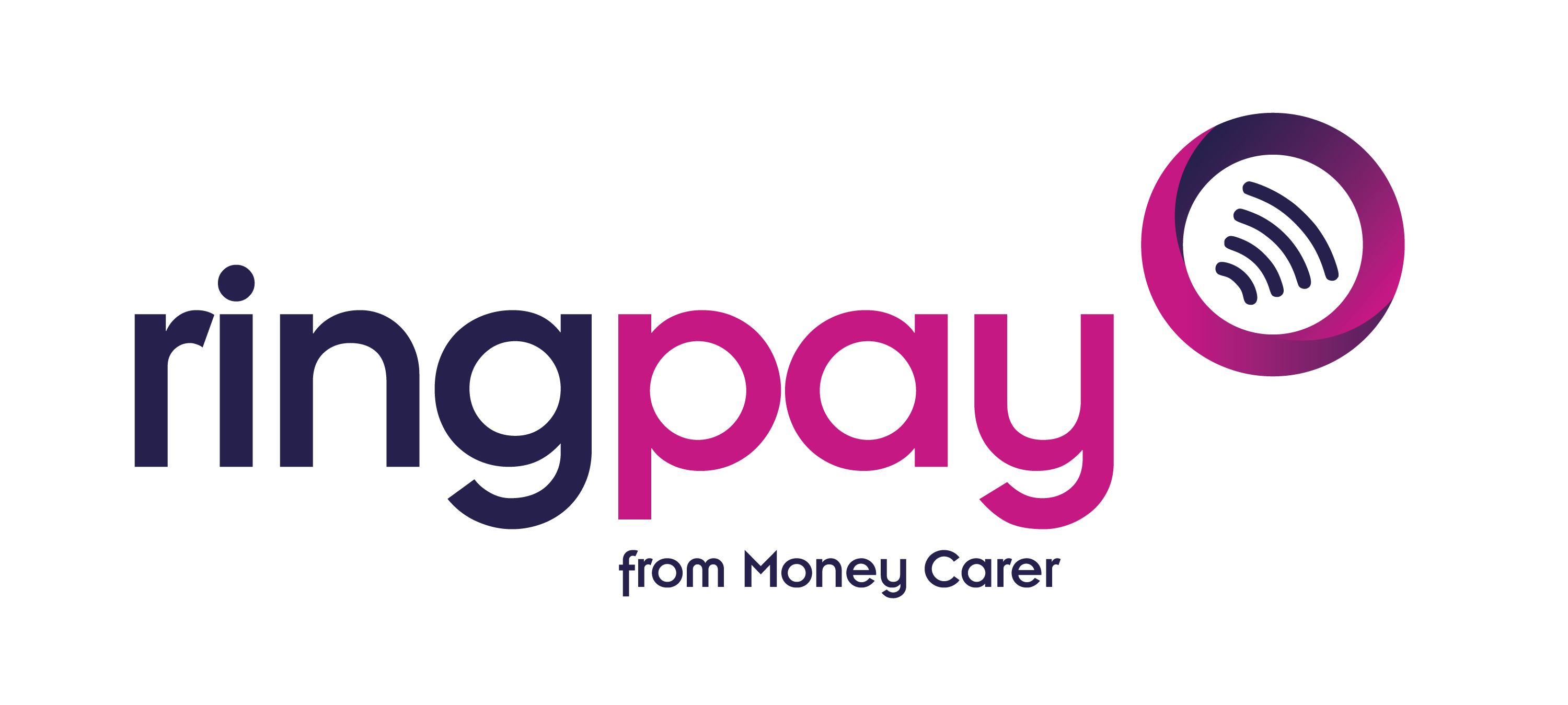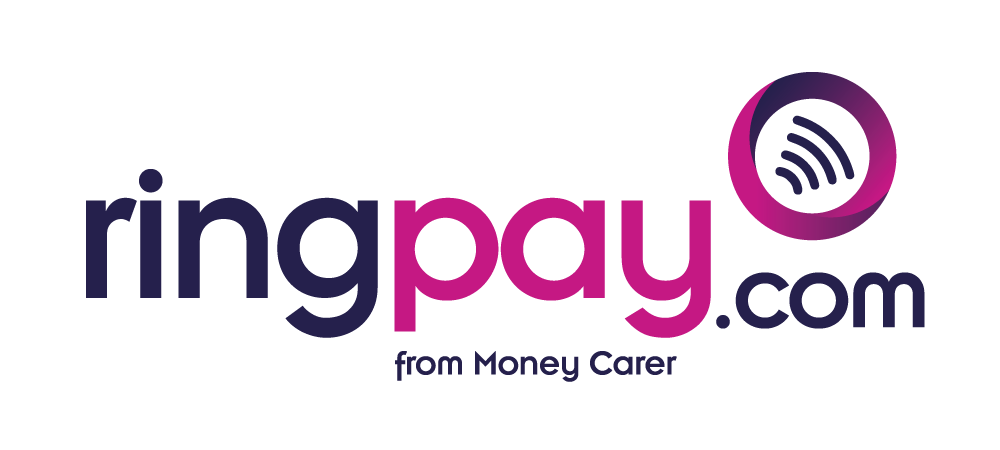What Are Payment Rings?
Payment rings are the next generation of wearable financial technology, allowing users to make contactless payments with a simple tap of the hand. Using Near Field Communication (NFC) technology, payment rings link securely to a user’s bank or prepaid account—just like a debit card—but with a significant upgrade in security and convenience.
How Do NFC Payment Rings Work?
An NFC payment ring contains a tiny, encrypted chip that communicates with contactless payment terminals. When a user places their hand near the reader, the ring transmits a unique, one-time-use payment token that represents the transaction. This process—known as tokenisation—ensures that no sensitive banking information, such as card numbers or personal details, is ever shared with the merchant.
This makes NFC payment rings inherently more secure than traditional bank cards, which store and transmit static card numbers that can be cloned or stolen in the event of a data breach.
Why Payment Rings Offer Better Security
The key to the security of payment rings lies in tokenisation. When you pay using a ring such as RingPay by Money Carer, your real account details are replaced with a randomly generated digital token. This token is only valid for a single transaction and cannot be reused or reverse engineered.
If a hacker were to intercept the payment data, it would be completely useless. Unlike physical bank cards, there’s no magnetic strip, visible card number, or CVV to steal—making RingPay payment rings virtually immune to cloning and skimming attacks.
RingPay by Money Carer: Best Practice in Payment Security
Money Carer, the UK’s leading specialist in managed financial services for vulnerable clients, has developed RingPay, a pioneering payment ring designed with security and independence in mind. Built on Mastercard’s robust tokenisation framework, RingPay ensures that every transaction is protected, private, and frictionless.
RingPay not only empowers users to manage daily spending more easily but also protects them from fraud and misuse—a vital innovation for carers and the people they support.
Money Carer’s Commitment to Secure Payments
Money Carer is deeply committed to advancing payment security standards across the financial sector. The organisation recently launched a White Paper at the House of Commons, highlighting the advantages of tokenised and biometric payment cards for consumers, particularly those who rely on carers or financial guardians.
This forward-thinking initiative reinforces Money Carer’s leadership in advocating for safe, inclusive financial technology.
The Future: A World Without Bank Cards
The shift towards tokenised, digital payments is accelerating. In a major industry statement, Mastercard announced that it plans to phase out traditional bank cards by 2030, replacing them with safer, smarter digital payment methods like tokenised devices and biometrics.
Payment rings such as RingPay are at the forefront of this transformation—offering the perfect blend of security, simplicity, and style.
Conclusion
As contactless payments evolve, payment rings represent a major leap forward in both convenience and protection. Thanks to tokenisation technology and innovators like Money Carer’s RingPay, the days of insecure plastic bank cards are numbered. The future of payments is wearable, tokenised, and secure.



Részesedés:
Paying with a Ring: The Effortless Future of Contactless Payments with RingPay
RingPay’s Reinforced Zirconia Ceramic Payment Rings: Super Tough, Super Reliable